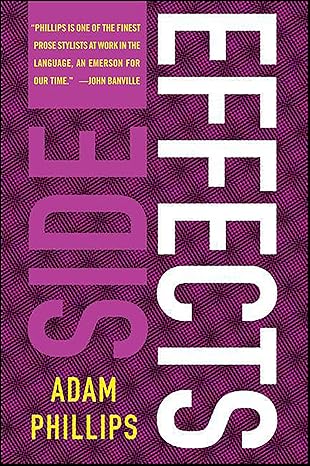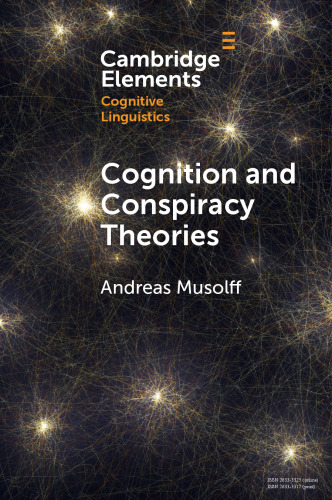In The Drowned and the Saved, Primo Levi recalls the cynical warning of the SS soldiers: No matter how this war ends, we have won the war against you. No one will be left to testify, but even if one of you does survive, the world will not believe you. There might be suspicions, discussions, historical research, but there will be no certainty, because we will destroy both you and the evidence. And even if some evidence should remain and some of you do manage to survive, people will say the events you describe are too monstrous to be believed: they will call them exaggerations of Allied propaganda, and they will believe us, who will deny everything, and not you. We are the ones who will dictate the his- tory of the concentration camps.1 (Levi 2015, 2411) Levi and Ka-Tzetnik try, each in his own unique way, to testify and to recount events that often appear beyond the realm of possibility. Both writers have had a significant impact on the development of Holocaust discourse in academic, political, and social contexts, albeit from ostensibly contrasting perspectives: whereas Levi is famously associated with the con- cept of the ‘grey zone’, Ka-Tzetnik is identified with that of ‘another planet’.
چکیده فارسی
در غرق شدگان و نجاتیافتهها، پریمو لوی هشدار بدبینانه سربازان اساس را به یاد میآورد: مهم نیست این جنگ چگونه به پایان میرسد، ما در جنگ علیه شما پیروز شدهایم. هیچ کس برای شهادت باقی نخواهد ماند، اما حتی اگر یکی از شما زنده بماند، جهان شما را باور نخواهد کرد. ممکن است شبهه ها، بحث ها، تحقیقات تاریخی وجود داشته باشد، اما هیچ قطعیتی وجود نخواهد داشت، زیرا ما هم شما و هم شواهد را از بین می بریم. و حتی اگر شواهدی باقی بماند و برخی از شما بتوانید زنده بمانید، مردم خواهند گفت که وقایعی که شما توصیف میکنید بسیار وحشتناک هستند که قابل باور نیستند: آنها آنها را اغراقآمیز تبلیغات متفقین میخوانند، و ما را که همه چیز را انکار میکنیم، باور خواهند کرد. و نه تو ما کسانی هستیم که تاریخ اردوگاههای کار اجباری را دیکته میکنیم. 1 (لوی 2015، 2411) لوی و کا-تزتنیک، هر کدام به روش منحصر به فرد خود، سعی میکنند شهادت دهند و وقایعی را بازگو کنند که اغلب فراتر از قلمرو به نظر میرسند. امکان پذیری. هر دو نویسنده تأثیر قابل توجهی بر توسعه گفتمان هولوکاست در زمینه های آکادمیک، سیاسی و اجتماعی داشته اند، البته از دیدگاه های ظاهراً متضاد: در حالی که لوی به طور مشهور با مفهوم "منطقه خاکستری" مرتبط است، کا-تزتنیک شناسایی شده است. با سیاره دیگر.
ادامه ...
بستن ...
In The Drowned and the Saved, Primo Levi recalls the cynical warning of the SS soldiers: No matter how this war ends, we have won the war against you. No one will be left to testify, but even if one of you does survive, the world will not believe you. There might be suspicions, discussions, historical research, but there will be no certainty, because we will destroy both you and the evidence. And even if some evidence should remain and some of you do manage to survive, people will say the events you describe are too monstrous to be believed: they will call them exaggerations of Allied propaganda, and they will believe us, who will deny everything, and not you. We are the ones who will dictate the his- tory of the concentration camps.1 (Levi 2015, 2411) Levi and Ka-Tzetnik try, each in his own unique way, to testify and to recount events that often appear beyond the realm of possibility. Both writers have had a significant impact on the development of Holocaust discourse in academic, political, and social contexts, albeit from ostensibly contrasting perspectives: whereas Levi is famously associated with the con- cept of the ‘grey zone’, Ka-Tzetnik is identified with that of ‘another planet’.
ادامه ...
بستن ...










